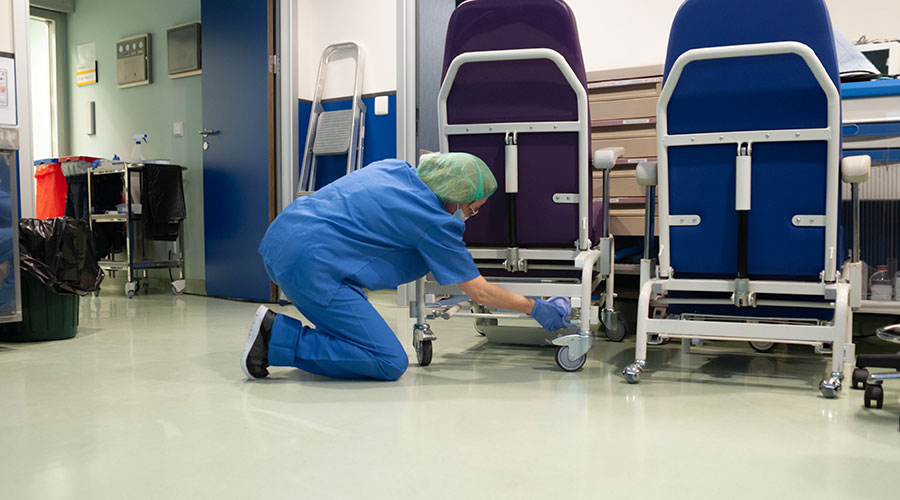Low-pressure taps have been blamed for four babies' infection in the Neonatal Intensive Care Unit and Special Care Baby Unit at Royal Bolton Hospital in the U.K. last year, according to an article on the This Is Lancashire website.
The bacteria had spread through contaminated taps and sinks, which were being used by staff to wash their hands. An investigation found the taps were not being cleaned adequately.
The taps were designed for water savings and were unlikely to be flushing with enough force or volume to remove bacteria.
Cleaners were unaware of the presence of the bacteria so their usual cleaning methods were not removing the bug.

 Seeking Standards for Microbial Loads in Healthcare Facilities
Seeking Standards for Microbial Loads in Healthcare Facilities UCR Health Unveils Plans for Major Expansion
UCR Health Unveils Plans for Major Expansion High-Performance Windows Support Safety at UW Medicine's New Behavioral Health Center
High-Performance Windows Support Safety at UW Medicine's New Behavioral Health Center Central Maine Healthcare Dealing with IT System Outage
Central Maine Healthcare Dealing with IT System Outage Kaiser Permanente Opens Newly Expanded Everett Medical Center
Kaiser Permanente Opens Newly Expanded Everett Medical Center